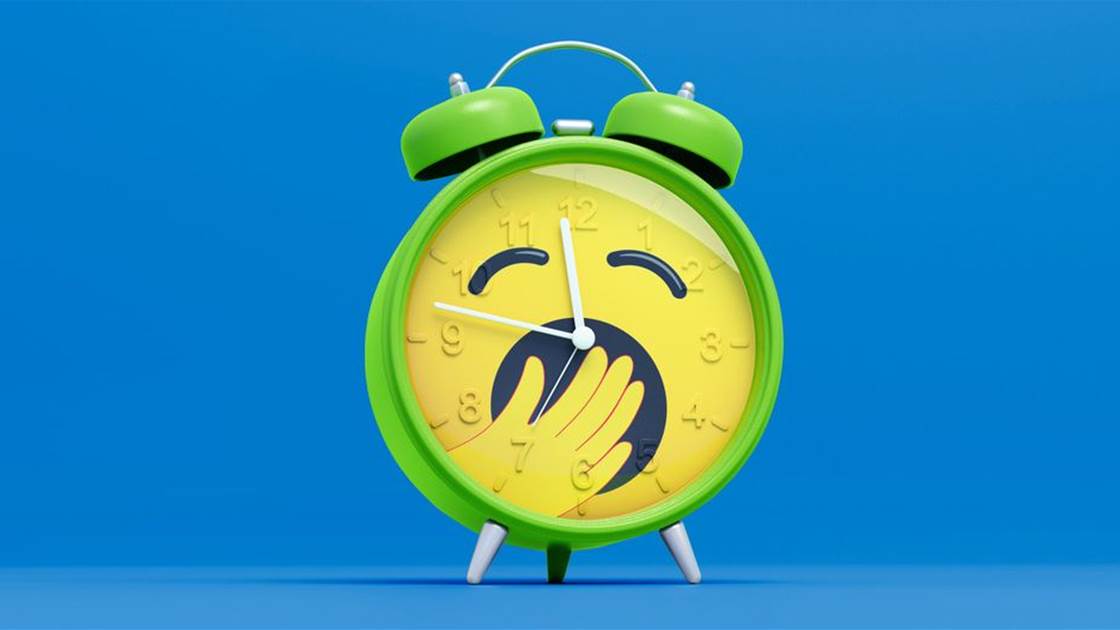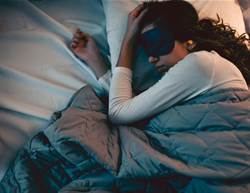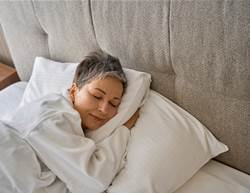Sleep is one of our most powerful wellness tools: it’s connected to everything from preventing heart disease and Alzheimer’s to supporting weight loss and immunity. And it sure sounds easy: just go lie down and live longer! But it’s not always so simple. Here are some important facts to know about getting good quality sleep.
Myth #1: Some people need only five hours of sleep
The truth: Only roughly 1% of us can function when regularly getting five or six hours.
For everyone else, “seven or eight hours of sleep is recommended for optimal health and functioning,” says Michael Scullin, an associate professor of psychology and neuroscience.
Routinely getting less is linked to higher risk for obesity, diabetes, high blood pressure, and memory problems. Also, while some people may think they’re doing A-OK on less, they may not realise the cumulative impact lack of sleep is having on their physical and mental health, Scullin adds. When people who are sleeping less than seven to eight hours start getting that recommended amount, “we often see their wellbeing increase,” he says.
Myth #2: Melatonin is natural, so it’s no problem to take
The truth: While taking small doses is generally safe, research shows, too much can cause headaches, high or low blood pressure, daytime drowsiness, and vomiting.
Even at recommended doses (between 0.3 mg and 5 mg one to two hours before bedtime), “melatonin can cause daytime grogginess or GI effects such as nausea,” says GP Dr Rashad Ramkissoon.
It also can interact with drugs such as contraceptives and blood pressure medications, says nurse and sleep researcher Carleara Weiss, and shouldn’t be taken during pregnancy. Get the okay from a doctor before taking melatonin or giving it to your children.
Myth #3: Napping can make up for missed nighttime sleep
The truth: It can’t totally replace lost sleep, though if you’re short on sleep, a few daytime zzzs can make you feel better in the moment.
A nap may not take you through the full four-stage sleep cycle, so you forgo benefits such as stage 3’s ability to help boost immunity and repair injuries. Napping can also backfire if you have insomnia or sleep apnoea, because it can mean you take longer to fall asleep at night, disrupting your circadian rhythm, says Dr Ramkissoon. (The circadian rhythm is the body’s internal clock, which winds you down when it’s time to sleep or wakes you when it’s daytime.)
So, use naps sparingly. For occasional daytime sleepiness, short 30-minute naps – taken before 3pm to avoid grogginess and interference with nighttime sleep – can improve alertness, concentration, and attention, says Weiss.
Myth #4: Snoring is no big deal if it doesn’t bother your partner
The truth: The fact that they haven’t fled to the sofa doesn’t mean it’s all good.
Snoring is a top symptom of sleep apnoea. “That noise occurs because there’s an obstruction in the breathing pathway,” Scullin says.
Not having enough oxygen causes you to awaken, sometimes multiple times an hour, and makes it harder for blood to be pumped, leading to high blood pressure. This is one reason sleep apnoea increases the risk of heart disease, heart attacks, diabetes, and early death.
While not all snorers have sleep apnoea and 20% of people who have sleep apnoea don’t snore, be aware of symptoms like daytime sleepiness, morning headaches, and high blood pressure, says sleep scientist Joseph Dzierzewski. If you think you may have a problem, ask your doctor about a sleep study.
Myth #5: Having no trouble sleeping means you have a clear conscience
The truth: Not necessarily.
Sure, it’s possible that you’re so virtuous that your life is stress-free, but regularly falling asleep as soon as you lie down (or even just sit) can actually be “a sign of an undiagnosed sleep disorder,” Weiss says. That is, you might not be getting enough quality sleep, says Dzierzewski.
If you generally feel well rested during the day, falling asleep quickly may not be cause for concern. But if you fall asleep at the drop of a hat and have daytime sleepiness, especially if you’re falling asleep in public places such as at work, talk to your doctor, advises Dzierzewski, because that’s a clue that you may not be sleeping well at night.



.jpg&h=90&w=90&c=1&s=1)






